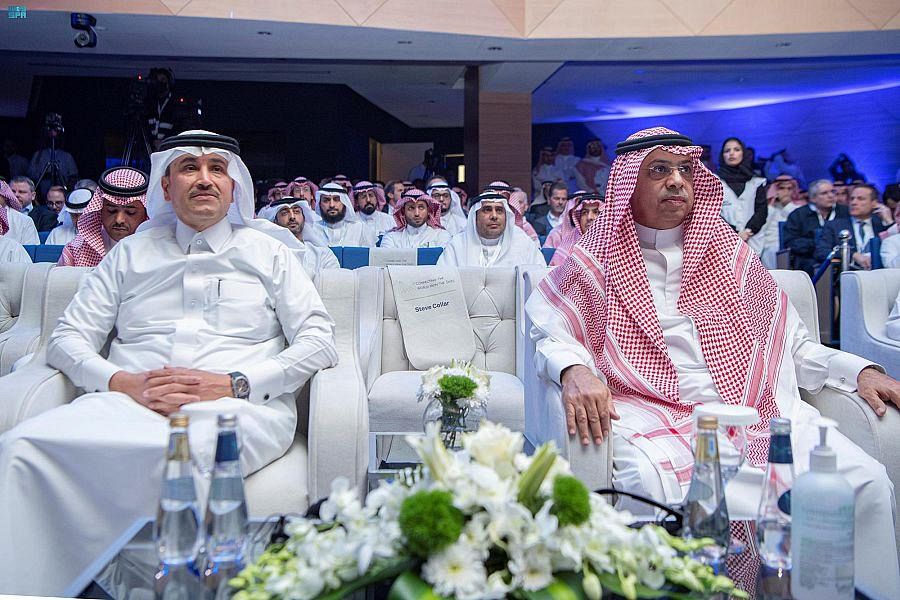
The Syrian regime, under Russian cover, bombarded villages in Syria’s eastern Idlib, which are under the control of factions loyal to Turkey. This comes at a time when the Libyan National Army (LNA), led by Field Marshal Khalifa Haftar and supported by Moscow, continued to move towards Tripoli, where the Government of National Accord (GNA), led by Fayez al-Sarraj, who is supported by Ankara, is based. This begs the questions, is there a Russian-Turkish thread connecting the two battles?
Escalation in Idlib is usually linked with developments in northeastern Syria, the state of Turkey’s relationship with NATO, Turkey’s military, political, and economic cooperation with Russia, and upcoming summits bringing Presidents Vladimir Putin and Recep Tayyip Erdogan. However, a fifth factor should be included in assessments of the relationship between Turkey and Russia, as each of these two countries supports rival factions in Libya. Erdogan supports the Sarraj government, while there are reports claiming that Putin supports the LNA through Wagner forces.
As the summit between Putin and Erdogan, scheduled for the 8th of January, approaches, and military escalation persists in Tripoli and Idlib, both sides have been making direct and indirect accusations against one another. Erdogan said that Turkey cannot remain silent about “mercenaries” like the Wagner forces, adding: “There are literal mercenaries supporting Haftar in Libya through a group called Wagner.”
Moscow says that its lines of commination are open to all parties in Libya. However, Erdogan was quick to reply, and a source from the Russian Ministry of Foreign Affairs says that Russia is “very apprehensive” about the possibility of Turkey sending forces to support Sarraj in Libya in line with the security deal signed with the GNA. It added that agreement “raises many concerns” and that foreign military intervention “cannot but complicate things in the country further”.
It is telling that this coincided with the “great decisive battle” that the Syrian regime kicked off Friday, with Syrian and Russian jets heavily bombarding the Idlib countryside, which is covered by a Turkish-Russian agreement. The areas targeted by the raids make it clear that the aim is to allow the Damascus forces to regain control of the two highways between Latakia and Aleppo and Hama and Aleppo. From its side, the Russian base in Hmeimim said that “the decision to opt for a military solution in Idlib was taken after extremist groups refused to evacuate the region as per the agreement with Turkey”. Russian sources meanwhile accused Ankara of “not respecting its commitments”.
Despite all of this escalation in Tripoli and Idlib and the exchanges of accusations, it is clear that the pair are still hoping to cooperate in Libya as they did in Syria. They have many mutual interests that link them together, with hopes for establishing a strategic alliance with regards to natural gas and Putin hoping for Erdogan’s cooperation in Syria in order to limit the influence of NATO.
It is clear that that there is room for maneuver at the expense of western states in Libya as they did in Syria, especially given Putin’s annoyance with western intervention in Libya. It is not a coincidence that Sarraj called the President of Chechnya, Ramzan Kadyrov to “transfer the Chechnya experience with solving conflicts and fighting terrorism.” Kadyrov, who is supported by the Kremlin, is the godfather of the deployment of Russian militarized-police forces in Syria alongside Turkish forces as part of the a Putin-Erdogan agreement.












